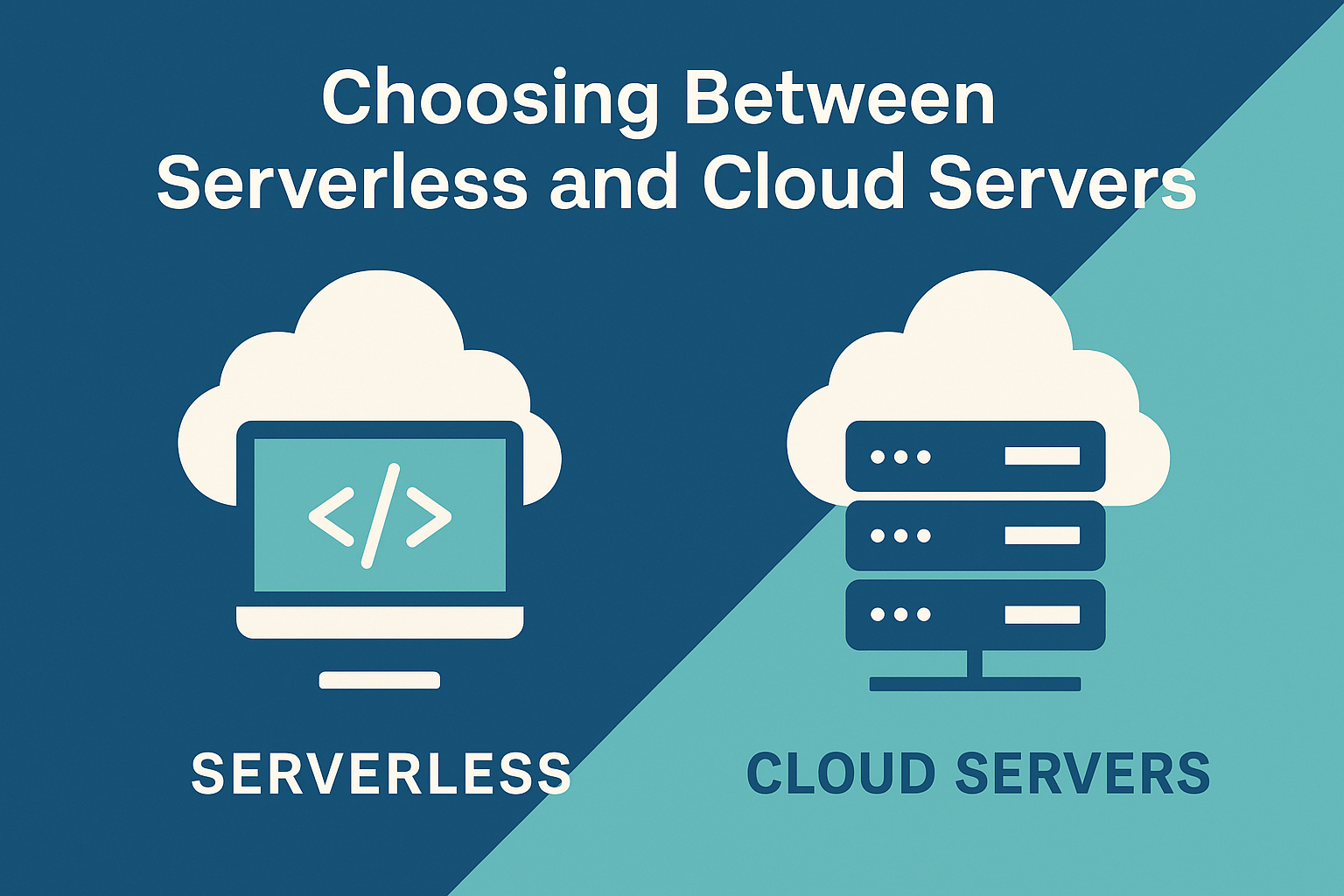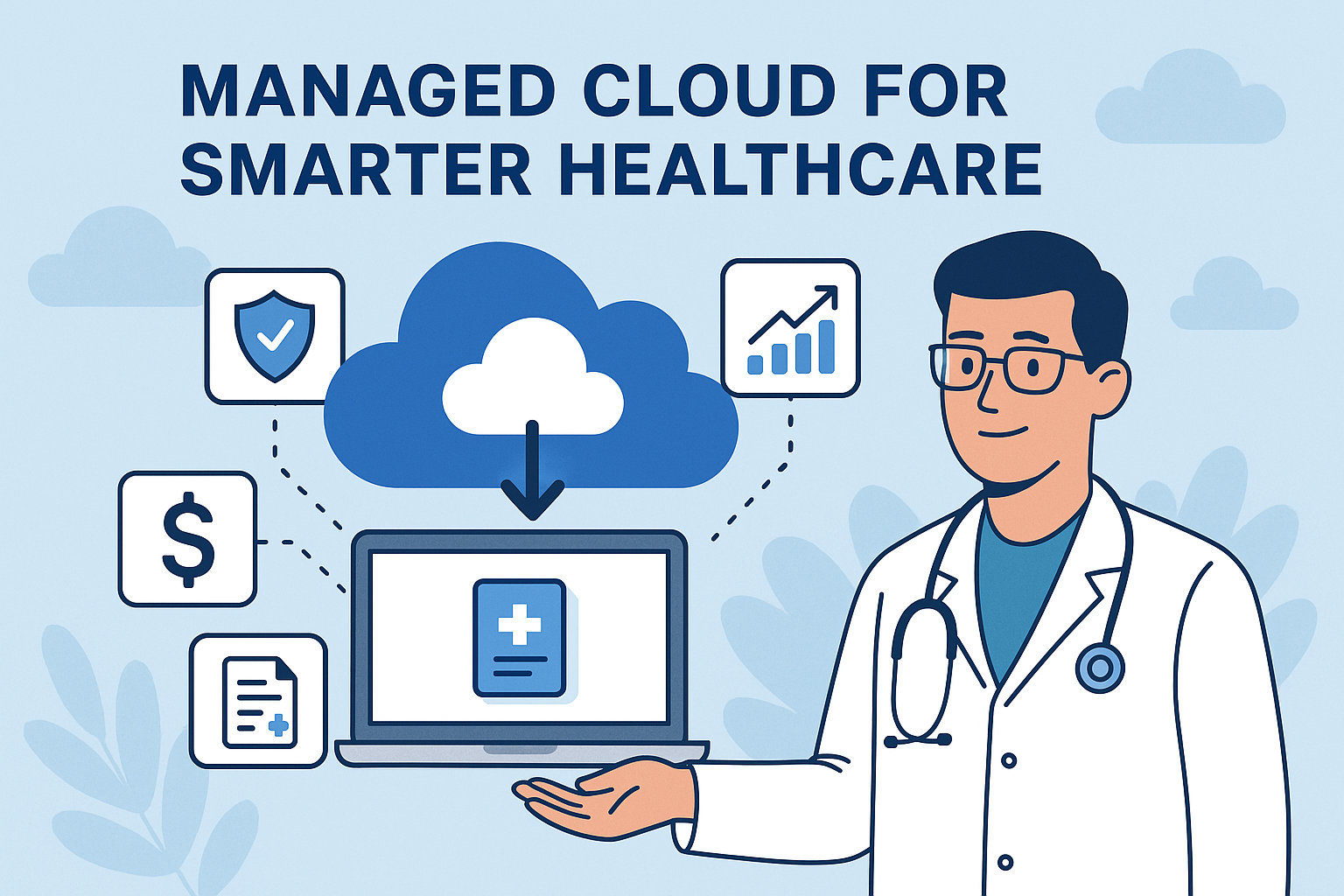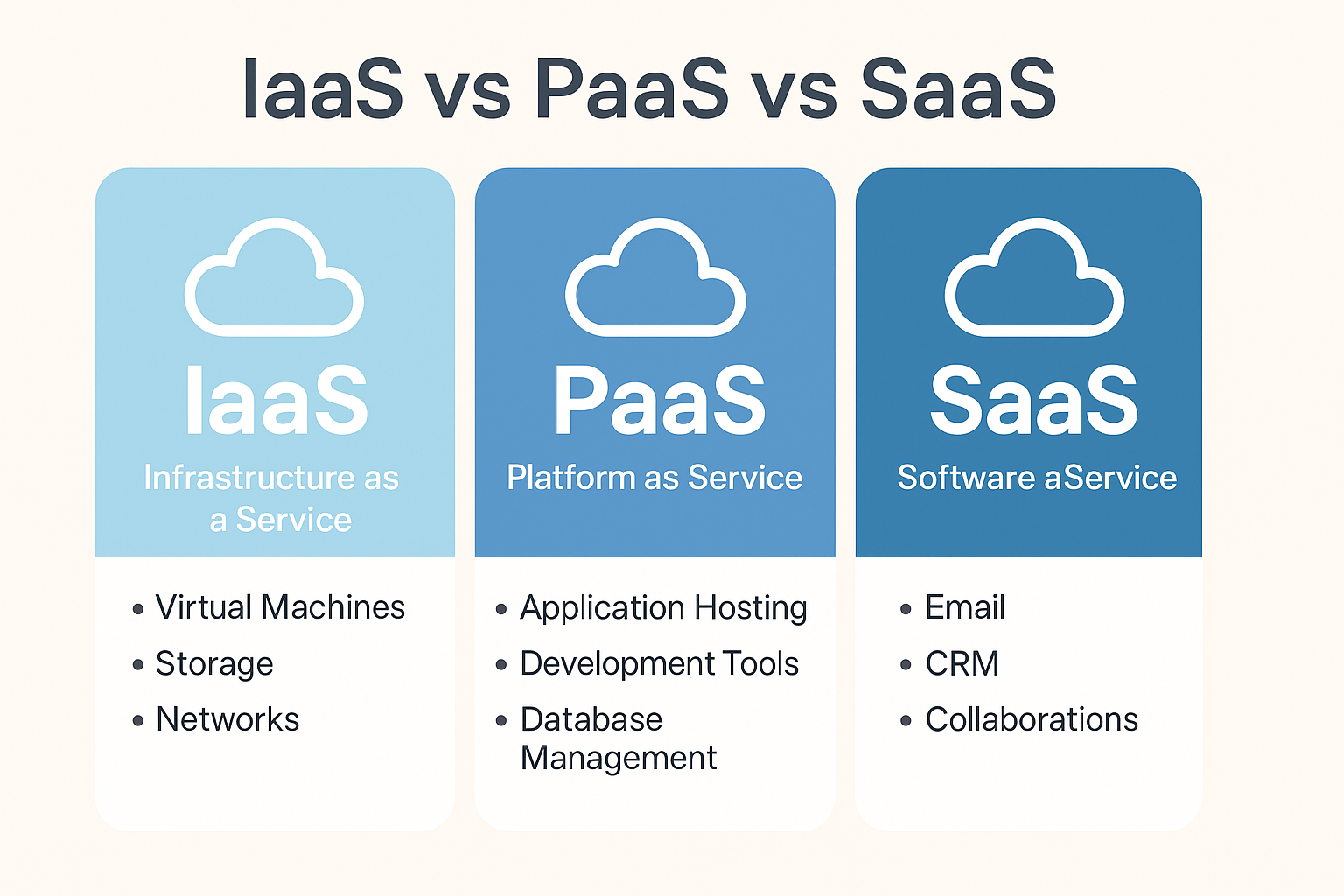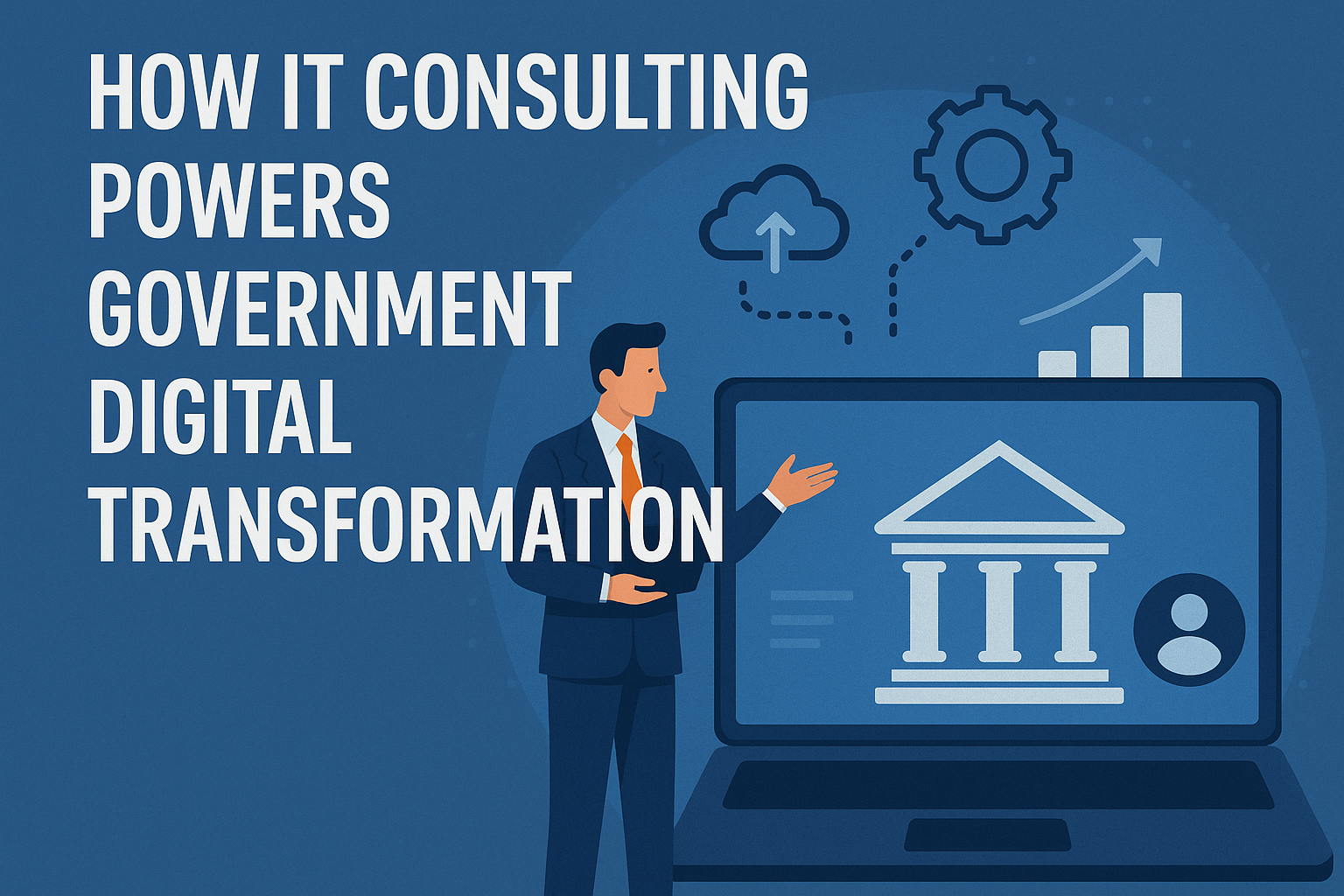FinOps Meets Managed Cloud: A Smarter Way to Scale with Control
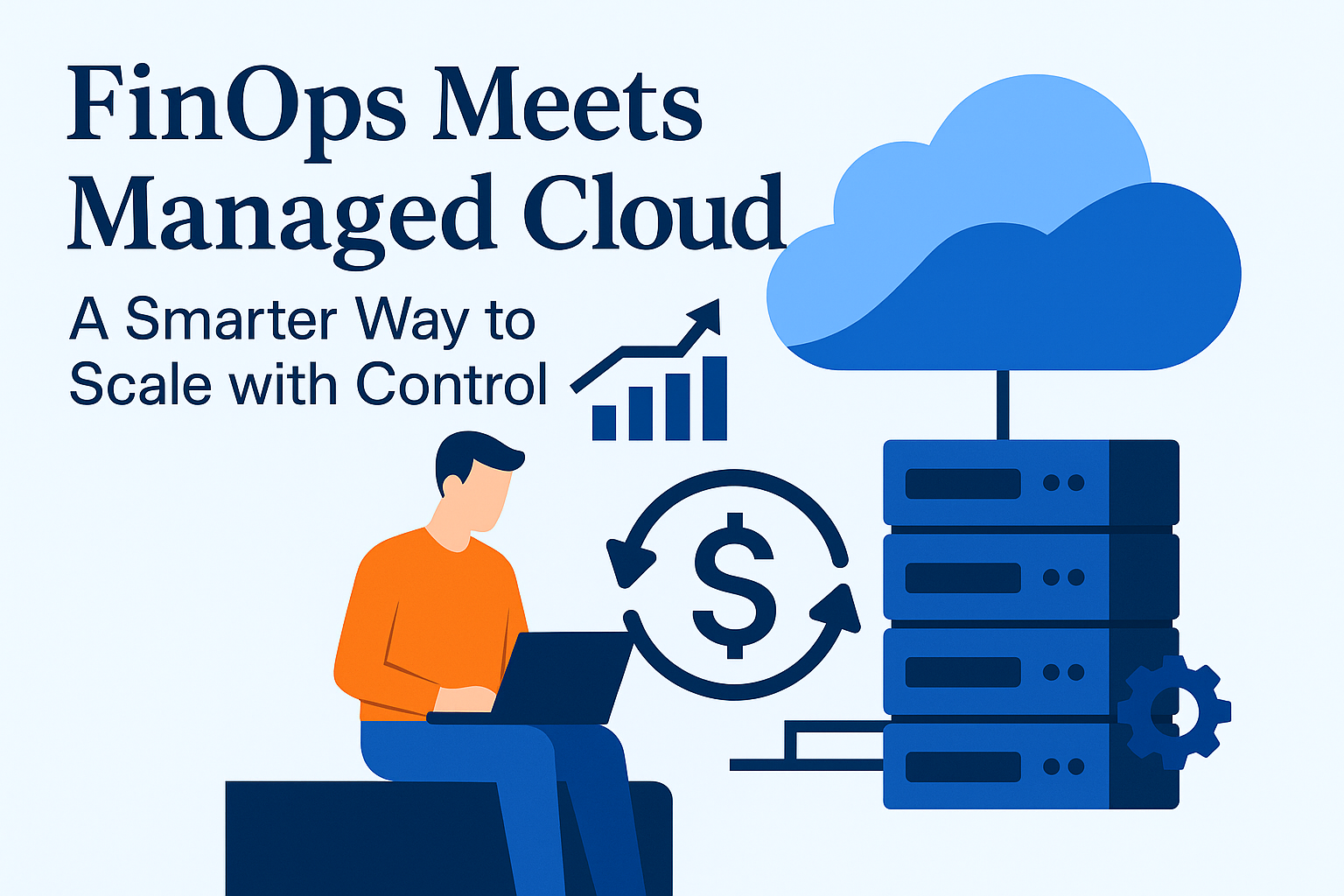
Strong 8k brings an ultra-HD IPTV experience to your living room and your pocket.
Cloud computing has transformed how organizations innovate and scale. It offers speed, flexibility, and nearly limitless infrastructure-powering everything from app development to global collaboration. But while the cloud opens the door to innovation, it also comes with a cost challenge many teams are still learning to manage.
Cloud spend is often unpredictable. What starts as a modest budget can quickly grow into a major expense without visibility or control. Unlike traditional IT systems, where costs are fixed and easy to forecast, cloud pricing is dynamic. Services are billed by the hour, minute, or even second, and usage changes rapidly. This complexity makes it difficult for businesses to understand where their money is going or how to optimize it.
That is where FinOps comes in.
What Is FinOps, Really?
FinOps, short for Financial Operations, is not just another tech acronym. It is a collaborative approach that brings together finance, engineering, and operations teams to manage cloud spending in real time. At its heart, FinOps helps organizations align cloud usage with business objectives, ensuring every dollar spent delivers measurable value.
Unlike traditional financial management, which often looks backward, FinOps is built for the fast-paced, consumption-based nature of the cloud. It emphasizes real-time monitoring, accountability, and continuous optimization.
For example, instead of discovering a budget overrun at the end of the month, teams using FinOps have access to dashboards and alerts that keep them informed as they deploy and scale. This allows them to act quickly, prevent surprises, and fine-tune their infrastructure without sacrificing performance.
Why FinOps Matters in Managed Cloud Environments
Many organizations now rely on managed cloud services to streamline their operations. These services offer expert support, round-the-clock monitoring, and fast access to the latest technologies. But as helpful as they are, they can sometimes make it harder to track exactly who is using what and why.
When managed cloud environments grow, so does the complexity of their billing. Multiple teams may be launching resources, testing features, or running experiments, all of which contribute to cloud costs. Without a centralized approach to financial accountability, things can get messy.
FinOps acts as the glue that holds this together. It introduces transparency and structure into what could otherwise be a chaotic system. With FinOps, businesses can:
- Tag resources by project or team to track ownership.
- Set usage alerts and budgets before costs spiral.
- Collaborate with service providers to ensure infrastructure choices are aligned with cost goals.
- Analyze data trends and optimize workloads continuously.
Beyond Cost Control: Creating a Culture of Accountability
One of the most powerful aspects of FinOps is its ability to shift organizational culture. It moves cloud cost discussions out of the finance department and into day-to-day decision-making. Engineers are no longer blind to the financial impact of their actions. Product teams are empowered to explore options without fear of blowing the budget. And leadership can connect cloud investment directly to business outcomes.
This shared responsibility leads to smarter decisions across the board. Whether it’s scaling infrastructure, experimenting with new services, or choosing between performance tiers, teams have the data and the discipline to balance innovation with financial responsibility.
Conclusion: From Cloud Chaos to Clarity
FinOps is more than a budgeting tool. It is a strategic framework that helps organizations make cloud spend a source of strength not stress. And when combined with the reliability and expertise of managed cloud services, it unlocks a new level of operational efficiency and business value.
In a digital world where speed matters, FinOps ensures your cloud strategy is grounded in clarity, accountability, and sustainable growth. Because in the end, it is not just about spending less, it is about spending wisely.
Note: IndiBlogHub features both user-submitted and editorial content. We do not verify third-party contributions. Read our Disclaimer and Privacy Policyfor details.



